Progetti per la ricerca
Models and methods for the optimal allocation of resources assigned by the PNRR to hydrogen experimentation for road and rail transport
NEW integrated approach for seismic protection and valorisation of heritAGE buildings on historic soil deposits (NEW AGE)
